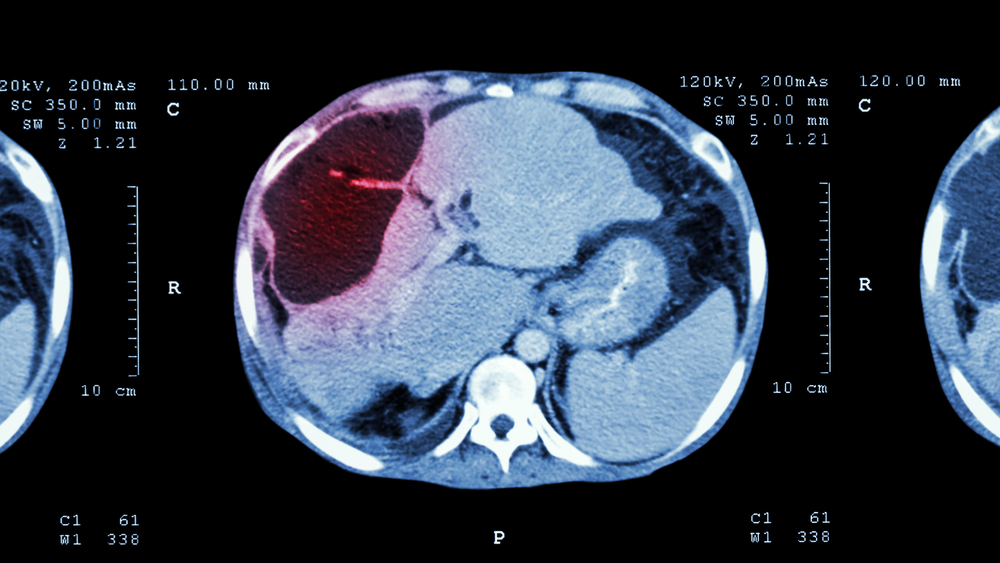Unknowingly, from 1953 to 1987, military personnel, their family members, and civilian workers who lived and worked at Camp Lejeune put their health and lives at risk. For over thirty years, those at Camp Lejeune were exposed to highly contaminated water, leading to severe health effects. One of the illnesses linked to Camp Lejeune’s toxic water exposure is liver cancer.
About Liver Cancer
Liver cancer is just one of the many diagnosed illnesses in people who resided and worked at Camp Lejeune. Primary liver cancer occurs when cancer forms in the liver. Hepatocellular carcinoma is the most common type of liver cancer in adults. Liver cancer is the third most common type of cancer-related death worldwide, and the five-year relative survival rate is 21 percent.
The liver consists of two lobes and is located inside the rib cage on the upper right side of the belly. The liver is responsible for making bile that helps digest fat, filtering harmful substances from the blood so they can be eliminated as waste from the body, and storing sugar, which the body uses for energy.
Symptoms of liver cancer can include itching, yellowing of the skin and eyes, known as jaundice, swelling or fluid build-up in the belly, pain in the stomach or near the right shoulder blade, nausea, vomiting, loss of appetite, and unintentional weight loss.
Liver cancer can be treated using a variety of techniques. Medical professionals recommend regular monitoring if a liver cancer lesion is less than a centimeter. Surgery may be required to remove the tumor. In some cases, a liver transplant may be necessary. Patients may be treated with immunotherapy or radiation therapy. Depending on the severity of the liver cancer, clinical trials may provide another opportunity for treatment.
Camp Lejeune Elective Option Payment for Liver Cancer
The Camp Lejeune Justice Act of 2022 (CLJA) allows those injured due to their exposure to contaminated water to file Camp Lejeune lawsuits against the federal government. You need to first file a Camp Lejeune claim before a lawsuit can be filed. To speed up the Camp Lejeune claims process, the Department of Justice established an Elective Option (EO) payment plan in September. The government believes this new settlement option will expedite payments to those ill with specific health conditions caused by Camp Lejeune’s contaminated water.
For those who are waiting for their Camp Lejeune personal injury or wrongful death claim to be resolved, the Elective Option could be offered. Claimants must have lived or worked at Camp Lejeune for at least 30 days and be diagnosed with a Camp Lejeune Elective Option qualifying health condition to be eligible. Not all Camp Lejeune-related health conditions and disorders fall under the EO for a potential settlement.
The illnesses experienced by those at Camp Lejeune are divided into two tiers for the Elective Option. Those with Tier 1 conditions, such as liver cancer, kidney cancer, Non-Hodgkin’s lymphoma, leukemia, and bladder cancer, may be eligible for payments up to $450,000. Illnesses within Tier 2 include multiple myeloma, Parkinson’s disease, kidney disease, and systemic sclerosis/systemic scleroderma. With a Tier 2 diagnosis, someone may receive up to $400,000. Wrongful death claims for either tier are eligible for an additional payment of $100,000. The payouts are dependent on the length of time spent at Camp Lejeune.
There are pros and cons to the Camp Lejeune Elective Option. Camp Lejeune survivors with terminal illnesses and shortened life spans may be eager to receive a settlement to provide a financial nest egg for their loved ones, or it could also benefit those with difficult-to-prove cases. However, this possible faster payment option may not provide enough compensation to cover lost wages, medical bills, pain and suffering, and future costs of the illnesses. A Camp Lejeune lawsuit could yield better results.
Consulting a Camp Lejeune attorney is an excellent way to determine the next steps in your claim – especially before you agree to any kind of government settlement. With a limited time remaining to file a CLJA claim, the sooner you explore your legal options, the better.




